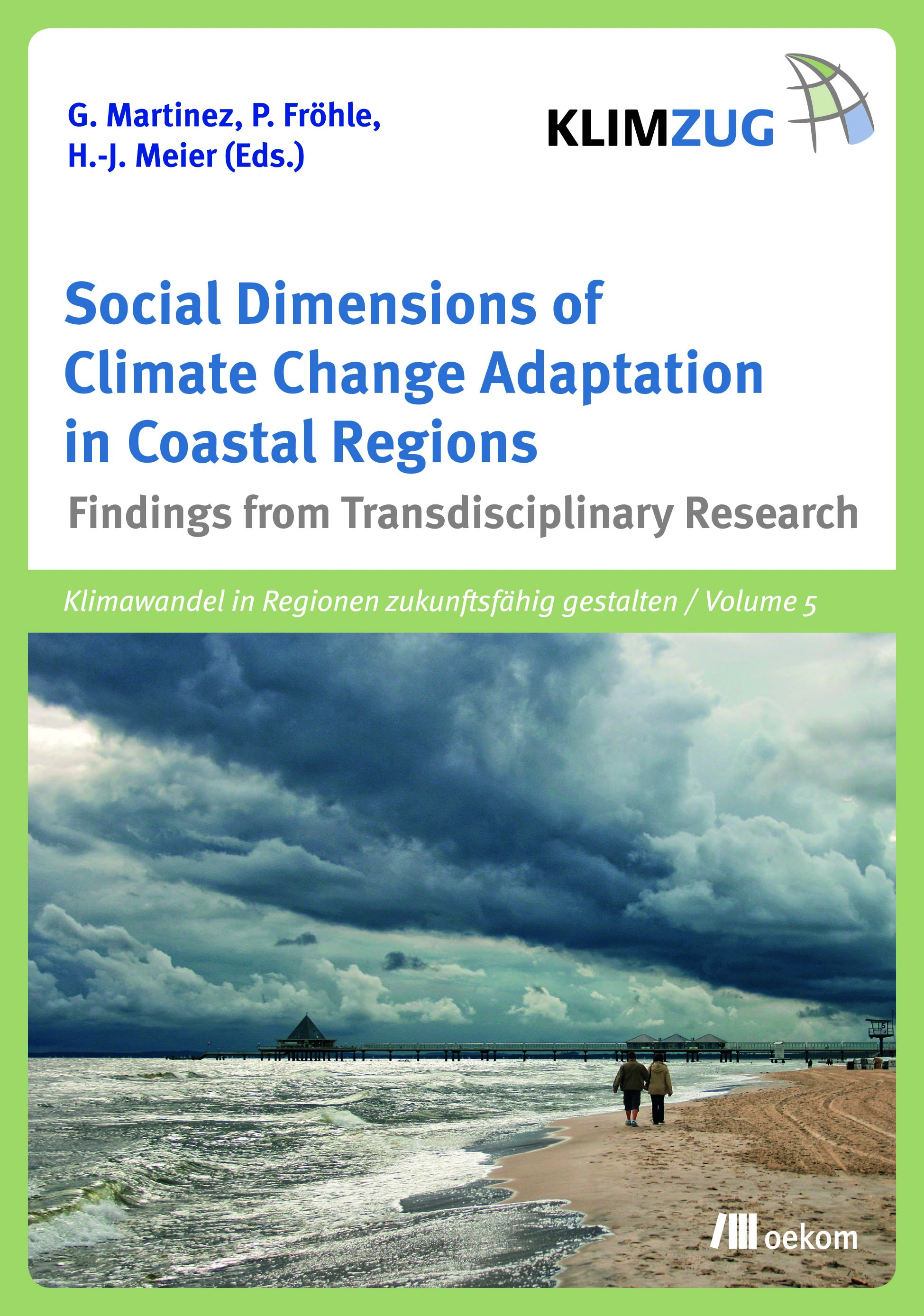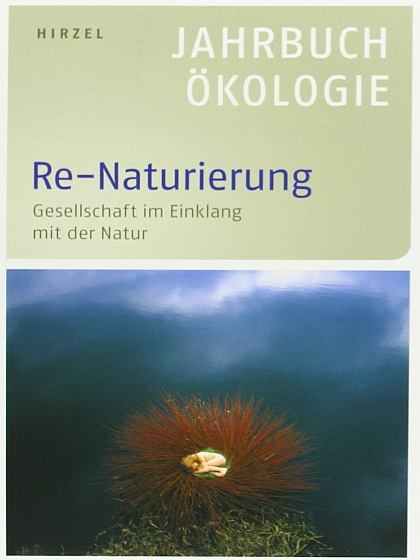Social Sciences in Coastal and Ocean Policy and Resilience of Coastal Communities – What in the World is Going on in America?
- Presentation
- Date
-
- Location
- Potsdam, Germany
- Speech
Invited by the IASS (Institute for Advanced Sustainability Studies) and in cooperation with Ecologic Institute, Michael K. Orbach (Duke University Professor of the Practice Emeritus of Marine Policy) gave a presentation entitled, "Social Sciences in Ocean Policy and Resilience of Coastal Communities – What in the world is going on in America?" Drawing on studies undertaken by Ecologic Institute and Duke University investigating both Germany and the U.S., the talk described the cultural phenomena that underlie public policy regarding climate change in these two countries, with a focus on the U.S.
These studies were initiated within the research project RADOST (funded under the BMBF initiative KLIMZUG), and will be continued in the projects BASE and RISC-KIT. Dr. Grit Martinez (Ecologic Institute) provided background to the talk, describing how this transatlantic research cooperation had begun within the project RADOST out of the desire to understand how American and German regional policy makers, key stakeholders and local communities govern the risks of climate change in coastal regions. What do both societies have in common, what differentiates them when it comes to decision making for adaptation to climate change, and what can be learned and transferred from one cultural context to the other? With the end of the RADOST project, these question are still on the research agenda and are being advanced within the European and international case study work of the FP7-projects BASE and RISC-KIT. Their results contribute to the formulation of risk reduction and/ or adaptation measures and policy advise for spatially differentiated approaches mirroring the socio-cultural diversity across European Member States.
In his presentation, Dr. Orbach referred to his research activities and distinguished three methodological approaches. First, the collaboration began with different workshops that were held both in Germany and in the USA (more information Obstacles to Adapting to Climate Change - a Discussion with Practitioners). In a second step one event was organized each in the US and Germany that combined Science and local stakeholders (Information about the Event in Germany and USA). Here in addition to coastal regions, actors from mountainous regions were invited, as they are also affected by climate change and gave valuable insights to the workshop. Thirdly, surveys were carried out at the German Baltic coast and the US East Coast (more information here). This presentation focused mainly on this research aspect.
The key message of the presentation was that despite the difficulty of addressing climate change and adaptation in the United States, a variety of measures have already been taken in order to adapt to the expected changes. In some cases, adaptation measures have been implemented at the local level without naming them as such. In the following discussion, such attempts to deal with the political circumstances concerning climate change in the US were acknowledged.
Empirical findings from the research can be found here:
Martinez, G.; Fröhle, P.; Meier, H.-J. (eds.): Social Dimension of Climate Change Adaptation in Coastal Regions, volume 5, München: oekom publishing, Pgs. 85-103.






